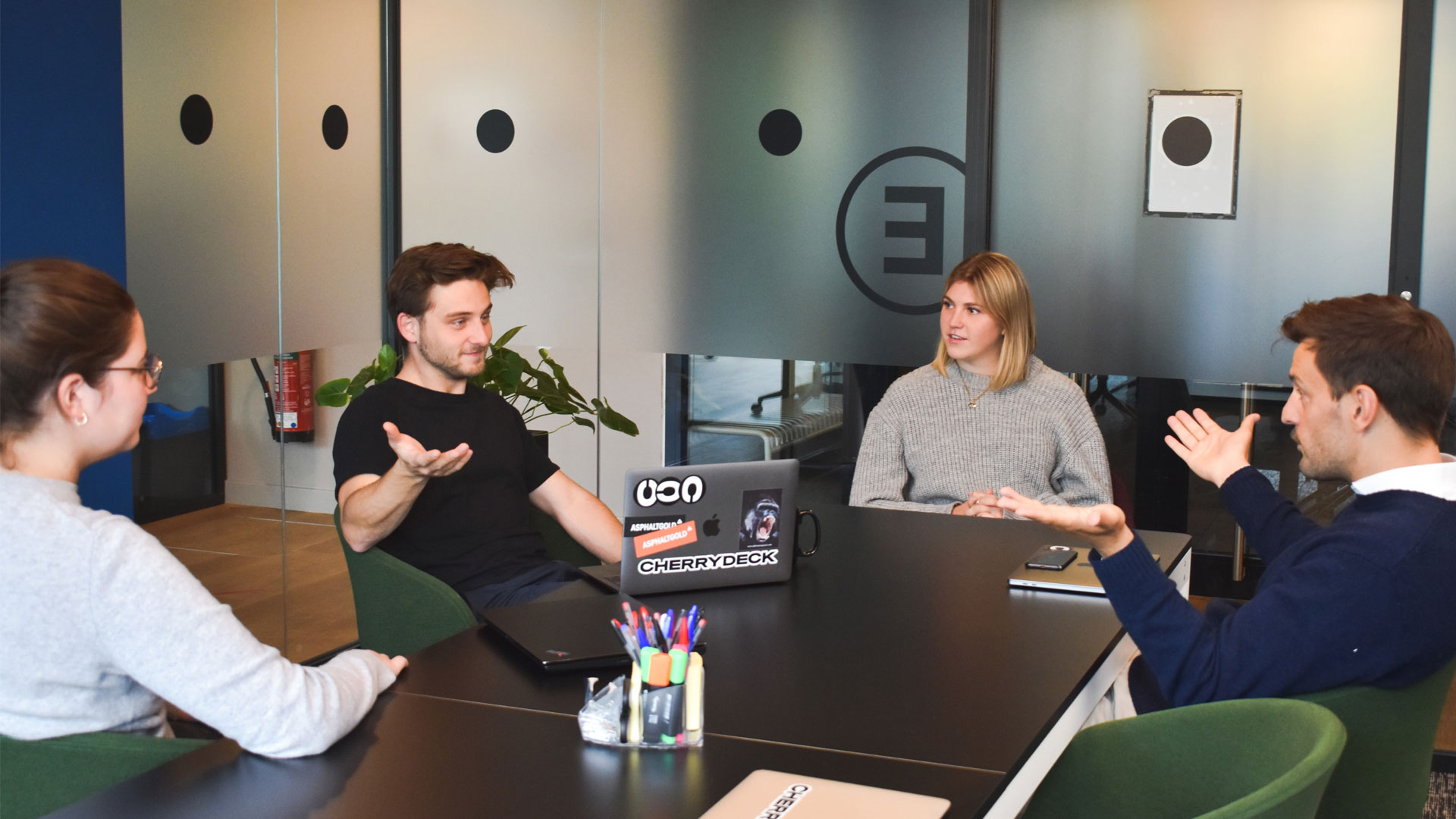Careers advice
How to prepare for a group job interview
How to stand out from the crowd.
Last updated: 20 June 2023
What you'll learn:
What is a group interview?
How do group interviews typically work?
Group interviews can be daunting, but your preparation will be much the same as for a 1:1.
How to ace a group interview
1. Research and prepare
2. Arrive early
3. Prepare a self introduction
You need to contribute well, without over talking.
4. Strike a balance between contributing and listening
5. Don’t put other people down
6. Ask great questions
Author
Other articles you might like





